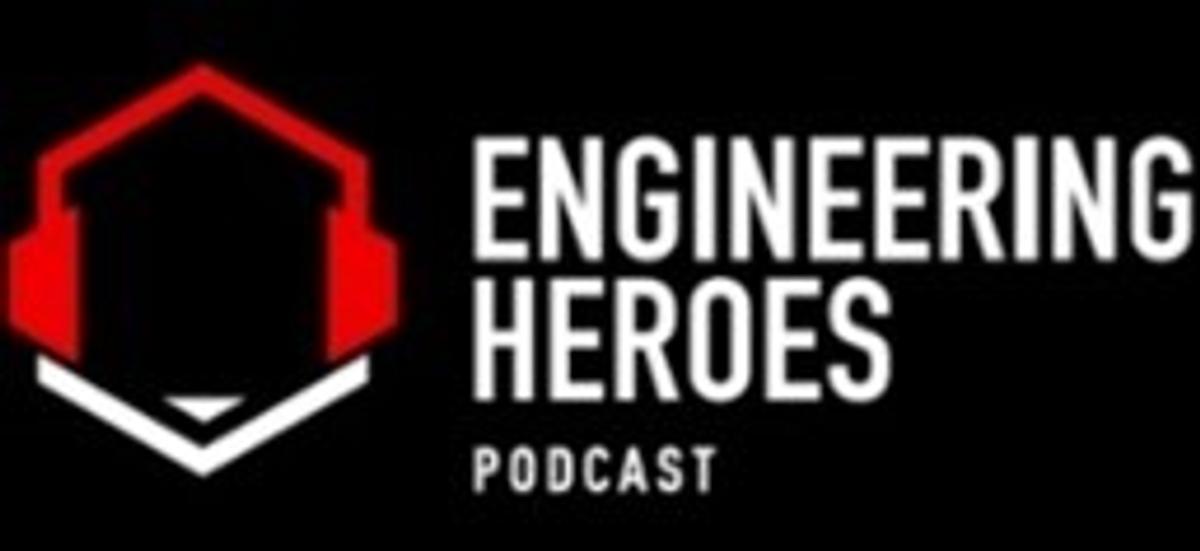Careers: TOWERWORKS

In each HT Bulletin we will look at developments in Career Education, and provide current updates from institutions to help identify websites for career exploration. We will also feature various career pathways.
The Huntingtower Towerworks Program for 2021 continues with Year 8.1 and 8.3 studying the World of Work and identifying Career Categories. Year 9 will run in Semester 2, while Year 10 will have sessions all year commencing with the Morrisby Profile. Year 11 and Year 12 continue with sessions each cycle with a focus on the VTAC Process, Overseas Applications and the Transition and Preparation for the World of Work.
The Skills Spiderweb
Different jobs need different skills. The Skills Spiderweb shows 12 skills that are common across many jobs. The size of the web shows the level of skill or expertise workers usually need to perform well in their job. So, the larger the web, the higher the skill level.
Students are encouraged to visit Skills Spiderweb and play with the little drop-down tab and explore the many jobs listed. This will help students to learn more about the skills required for particular jobs.
Inspired Decisions, Limitless Possibilities
The ComparED website provides prospective students with relevant and transparent information about Australian higher education institutions from the perspective of current students and recent graduates.
With ComparED, students can explore and compare the quality of higher education institutions and study areas they are interested in, based on the experiences of others. The ComparED website allows students to compare specific institutions and/or study areas. The data available is sourced from the Quality Indicators for Learning and Teaching (QILT) surveys.
Visit ComparED and explore and compare institutions and study areas based on real life student experiences.
CAREERS IN JOURNALISM
The Good Careers Guide states that a journalist writes and edit news reports, commentaries, feature articles and blogs for newspapers, magazines, radio, television and websites, including online publications. Journalists usually start as cadets and report routine events. In newspapers and on radio and television, most reporters are expected to be 'generalists' who are able to cover almost any topic of interest. With experience, and sometimes further training, journalists may perform a variety of tasks according to their area of specialisation. There are so many specialised roles within the journalism industry, some of which include –
Columnist
A columnist writes a regular segment within their particular interest category (creative arts, politics or technology, for example), often incorporating a personal view or opinion.
Feature Writer
A feature writer writes detailed stories or presents commentaries on specific news topics.
Leader Writer
A leader writer discusses news topics in the editorial columns of newspapers or magazines.
News Reporter
A news reporter reports on day-to-day news events (crime, education, health or sport, for example).
Roundsperson
A roundsperson reports on and discusses a specialised area (politics, economics or education, for example).
The most popular courses for Journalism are RMIT Journalism, Monash Media Communication, Deakin Journalism and Swinburne Media & Communication.
There is a useful UK website - Careers Advice - What can I do with a Journalism Degree? Students will find links to interesting careers including: broadcast journalist, podcast presenter, magazine features editor and magazine journalist.
WHAT DOES A BLOGGER DO?
The Good Careers Guide states that a Bloggerwrites articles and opinion pieces for websites. While they often work freelance for a range of clients, they can also be employed in-house. They write pieces that are less formal than traditional journalistic articles, with the main purpose of their work being digital marketing and search engine optimisation. The work they produce is designed to engage readers and drive website traffic.
Bloggers need to –
- be creative and original
- be able to pick out and emphasise relevant facts
- be able to write clearly and in a compelling manner
- have good concentration
- have the technical ability to switch between styles and forms of writing
- have good time management skills and the ability to handle pressure
Bloggers often have a communication OR journalism qualification, or have completed courses in creative writing, marketing, etc.
Engineers Australia has now officially taken the helm of the Engineering Heroes podcast series. Students keen on a career in engineering may find these podcasts about the engineering challenges in today’s society of interest.
Engineers discuss their work life and the issues they are dealing with. There are various categories of podcasts including aerospace, building services and computer systems.
Visit Engineering Heroes and sign up for regular updates.





